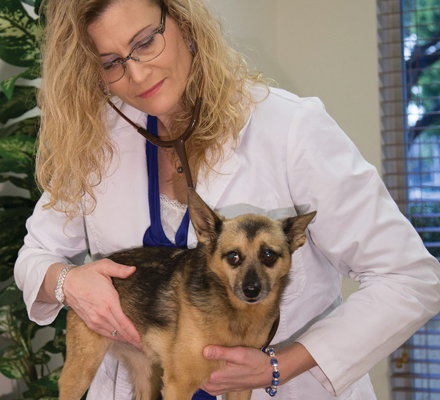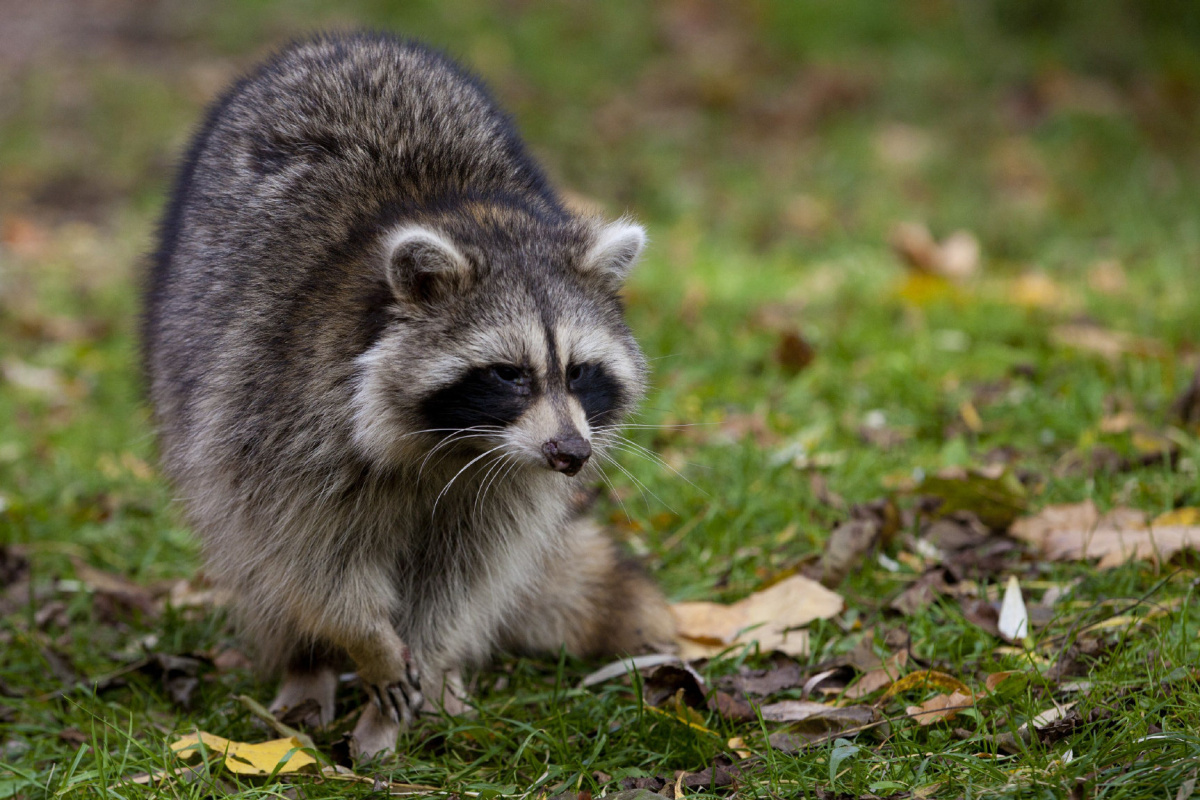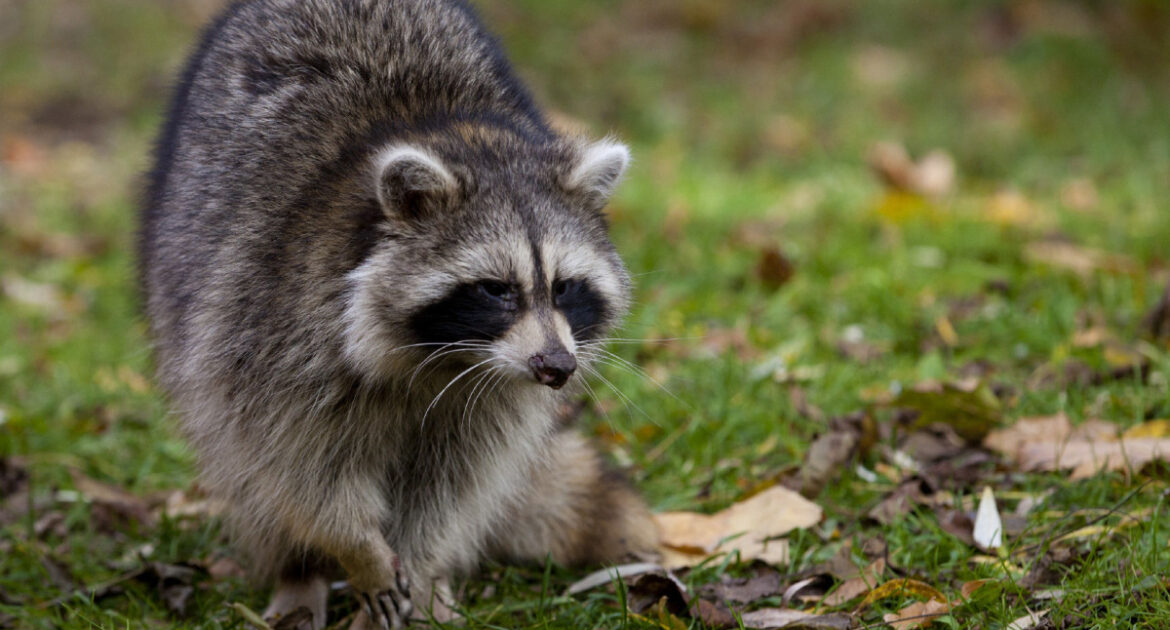Canine distemper is effecting Etobicoke’s raccoons and we all need to be vigilant. The illness has deadly effects on all animals both wild and domesticated, which means that pet owners and farmers need to take special precautions. A CP24 news release on February 11, 2018, revealed authorities cautioning citizens in Toronto about a distemper epidemic among the city’s raccoons after a man was chased by a raccoon that was behaving strangely. The report cited Toronto Animal Service’s identification of the ailment as distemper. This was just a year ago and authorities have since cautioned citizens to remain vigilant as distemper never really goes away. It just emerges in flares and then dies down in certain seasons. If you spot a raccoon or any other wildlife animal that shows sign of distemper, you must call on the animal control services providers in Etobicoke to assist.

Signs of Distemper in Raccoons
Since the illness cripples the animal’s central nervous system you will notice strange behaviour in the affected animals. An animal suffering from distemper will behave uncharacteristically. A raccoon for instance which is an animal that typically shies away from human encounters may be seen approaching people if it has distemper. The animal may also seem lethargic. You may also see the raccoon wandering about in the daytime (raccoons are nocturnal so they are typically tucked away in their dens during the day resting and preparing for the night of adventure ahead of them) if it is suffering from distemper.
Canine Distemper Control and Prevention
As wildlife animals travel freely and occasionally come into contact with people and domesticated animals, the spread of this and other diseases is expected. You, therefore, cannot predict when or if distemper will make its way to your doorsteps. The best thing you can do is be vigilant and prepared. This means also arming yourself with information so you know how to respond when faced with a raccoon or other animal that is showing signs of distemper.
You can keep your immediate surroundings raccoon free by practicing certain habits. For one, you should avoid feeding wildlife. Feeding them is tantamount to inviting them to arrive… and they will in droves. This will expose your space to the disease as there is no way to control which animals visit and which ones stay away.
Sometimes we feed wildlife inadvertently. They are attracted to our properties by fruits that are lying unattended under trees, garbage with edible items left in bins outside, pet food left outside and bird feeders among other things. Removing these items or limiting wildlife access to them will go a long way in keeping wild animals off your property and, by extension, keeping potential distemper infection way. Try locking away garbage bins (consider using your garage for this), feeding pets indoors and removing any other potential wildlife food from your premises.
Expert Intervention to Stem the Spread of Canine Distemper
We cannot overemphasize the importance of a swift response. As soon as you spot an animal that is demonstrating signs of distemper, get Toronto animal control services or the wildlife center involved. The sooner an animal with distemper is removed from among the general population, the lower the likelihood of that animal passing on the infection to others. This means keeping wildlife away from your space and getting expert animal control teams onto your Etobicoke property swiftly to handle wildlife invasions and especially those cases involving possible distemper infections. If we are all vigilant and prompt in our response we could nip the problem in the bud for Toronto.




